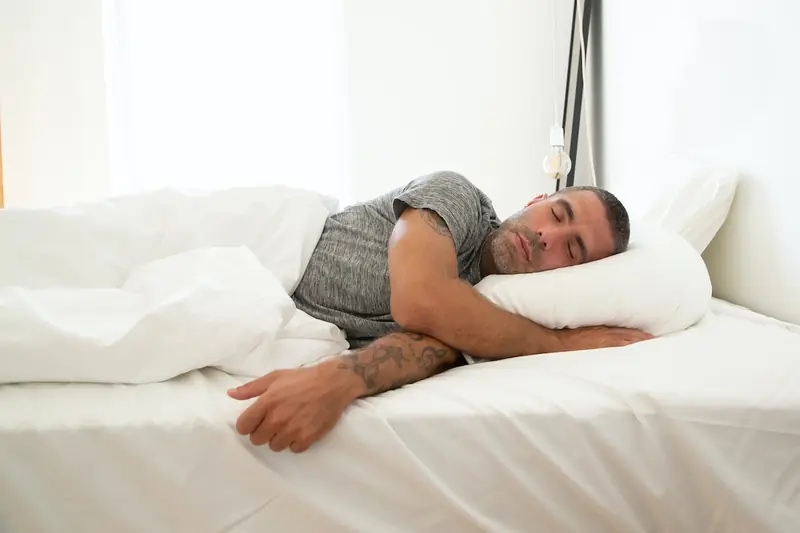
British researchers have conducted the first large-scale study examining how sleep affects the population. They found that sleep quality is influenced not only by where people live but also by their ethnic background, regardless of age, gender, personal wealth, or employment status. The study revealed that middle-aged individuals living in impoverished areas experience poorer sleep quality compared to those residing in affluent neighborhoods, irrespective of their personal financial situation.
How Neighborhood Affects Sleep Quality
Lead author and study director, Professor John Groger, emphasizes that the issue lies more in the neighborhood than in an individual’s income. He believes the implications of these findings relate to improved health, educational outcomes, wealth accumulation, and work productivity, as poor sleep negatively impacts all of these areas.
According to Professor Groger, socially disadvantaged groups tend to sleep worse. Regular sleep deprivation can increase the risk of serious health issues, including obesity, heart disease, and diabetes, and can shorten life expectancy.
Study Findings
For the study, Groger’s team, along with psychologists, analyzed data from approximately 500,000 individuals aged 40 to 69 from the UK Biobank, an online repository of medical records and lifestyle data of British citizens. Researchers investigated reports of sleep issues, such as sleeping too long or too little for their age, waking up at night, early morning awakenings, snoring, daytime sleepiness, and difficulties waking up in the morning.
 The results showed that nearly one-third of participants reported sleeping less (24.7%) or longer (7.7%) than the recommended sleep duration for their age group. Researchers also found that individuals of European descent (82.4%) find it easier to wake up in the morning compared to those of Asian descent (73.5%) or those of mixed ethnicity (74.2%).
The results showed that nearly one-third of participants reported sleeping less (24.7%) or longer (7.7%) than the recommended sleep duration for their age group. Researchers also found that individuals of European descent (82.4%) find it easier to wake up in the morning compared to those of Asian descent (73.5%) or those of mixed ethnicity (74.2%).
At the same time, people living in impoverished areas reported greater difficulty getting up in the morning, more frequent daytime napping, and waking up during the night. Professor Groger notes that there are several environmental issues, such as noise and light pollution, for those living in overcrowded poor neighborhoods. He states that educational outcomes, poverty, unemployment, unstable or shift work, diet, and possibly fear of crime likely complicate restful sleep.
Who Sleeps Best?
According to the study’s findings, the best sleepers are men, young people, the wealthy, individuals with higher education, those living with others in their homes, those with high incomes, multiple cars, and long-term employment. Professor Groger’s team also noted that those who are employed or retired reported better sleep quality than those who were unemployed or unable to work.
 As reported by the Daily Mail, based on the data, researchers developed a Sleep Problem Index. This index combines all the sleep issues studied into a single metric and can be used in healthcare settings to support those with poor sleep quality.
As reported by the Daily Mail, based on the data, researchers developed a Sleep Problem Index. This index combines all the sleep issues studied into a single metric and can be used in healthcare settings to support those with poor sleep quality.
Professor Groger asserts that improving sleep is not as difficult as it may seem. Often, it just requires changing behavior, although some individuals do have sleep disorders and medical issues, which is a separate matter. However, in most cases, poor sleep can be improved through education and targeted intervention.
